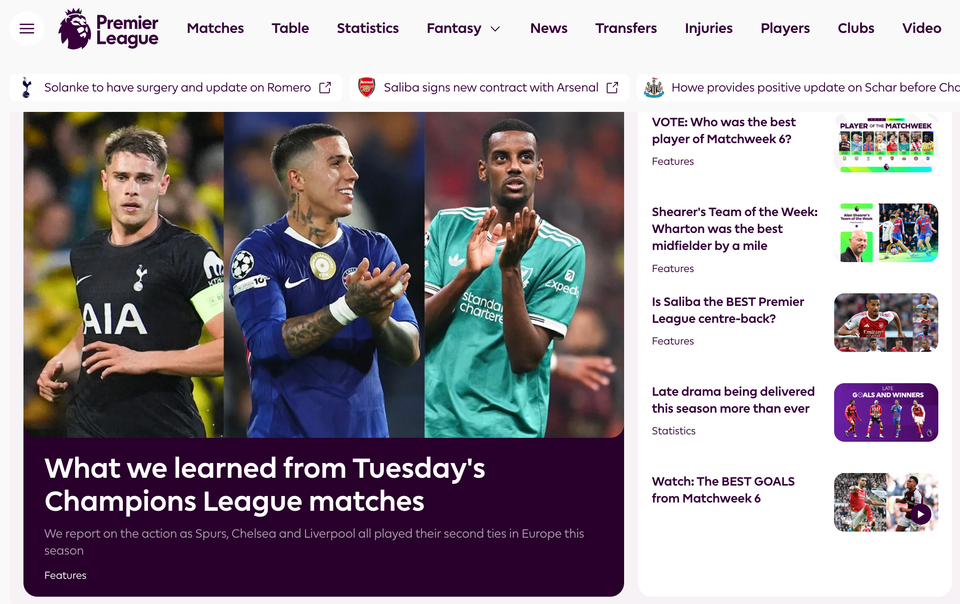Vodafone's magic quadrant belies the dire business reality

That there is a magic quadrant. I obtained it from an email from Vodafone’s PR.
I agree that, generally speaking, Vodafone does a good job in the marketplace.
I’d like to draw your attention this Vodafone managerial quote:
Commenting on the position, Vodafone Global Enterprise CEO Nick Jeffery said: “We are pleased that the strength of Vodafone’s offer to Multi-National Corporate customers has been recognised in this way.
“International companies benefit from both our fixed and mobile products and services. We help put them back in control of their costs and simplify their operations across a large geographic footprint.”
Well Nick, that’s total 100% bollocks.
This is a superb example of the misalignment between analysts and reality. Analysts think they know everything — and, in the context of sitting and examining extensive reports along with extensive executive and customer briefings, they are able to deliver some useful perspective.
The issue I have with analysts is that it’s all theoretical. In their executive briefings, they get the good news. They also get the ‘good’ bad news. That is, when you’re sitting down with an executive from a FTSE company to ask what he or she thinks of Vodafone, they’re unlikely to tell you the truth.
The real truth.
Let me tell you the real truth about the Vodafone Global Enterprise CEO’s comments: That’s what you’d like, Nick.
It’s what you’d like to think Nick.
It’s what you’re told in meetings, Nick.
It’s what the monthly management summaries for your division tell you, Nick.
But it’s not the coalface.
I know because I’ve been there many-a-time. It’s not just Vodafone though. The rest of the networks are shambolic when it comes to Europe, too.
Let me indicate an example of where the ‘back in control‘ and where the wheels come off phrases like ‘simplify their operations across a large geographic footprint‘.
I was advising the CIO of a company. They’re Fortune 500 size. They’ve about 10,000 employees across Europe. For months they’d been trying to get a handle on their mobile telephony organisation and billing. Like most companies operating across Europe, they were looking to simplify their mobile spend into one silo. Vodafone. o2. France Telecom. Somebody.
The CIO was astonished that when he’d got the chaps from [mobile operator] in, they couldn’t give him European-wide pricing.
What he was looking for was something like ‘a tenner a month per line, all inclusive’. Something like that.
He wanted to buy from one operating company.
Canny be done.
He wanted someone to give him European-wide pricing.
Canny be done.
He wanted to deal with one account manager.
Canny be done.
They say it can be done. You get the impression from press release comments from the likes of Nick that it can be done. You’d think that this is how it would work when you’re talking mobile phone bills in the millions per month.
But no.
Oh no.
With few exceptions, your European mobile companies are split into tiny little geographic fiefdoms.
Just a few months ago I sat in on a meeting with an operator — I won’t identify them — specifically discussing this issue. After weeks and weeks of backbreaking cajoling, the global account manager chap had managed to deliver a proposal for most of Europe.
“Most?” asked the CIO.
“Yeah, errr… well, we don’t have a presence in [country].”
“But we do?” prompts the CIO, “We have a presence there — we have 500 people there.”
“Yeah….” replied the account manager, head hanging.
The CIO tactfully moves on. I feel compelled to say, “But you’re meant to be European-wide??”
The CIO continues: “OK, but why is [other country] asking for such silly rates?”
The account manager wilts before explaining, “Well the General Manager of [other country division] says that since you’re only buying 25 data cards, he can’t justify the discount that we…”
“But,” interrupts the CIO, “I’m spending 1.35 million a month with you?”
And there’s the crux of the issue. You’d think that the General Manager of that country would have sucked it up and understood the larger reality. But no. Because he’s responsible for his own budget line and he can’t give stuff away when the bulk of the spend is benefiting a rival General Manager in another country.
The fact they’re the same company doesn’t matter.
Whilst the client of the operator thinks they’re doing business with ‘Vodafone’ or ‘o2’, they’re not. As many CIO and CTOs have found, they’re actually agreeing to a deal with multiple independent operating companies linked by branding and a stressed and understandably despondent account manager.
Do consider this the next time you advise your CIO to streamline their European-wide mobile telephony spend. I looked and felt like a bit of a cock after all these discussions were over. I somehow had expected the mini fiefdoms and country-country spats to have been resolved over the past five years — to have been resolved in favour of winning business for the group.
Not yet it seems.
You can read the full Gartner report here.



